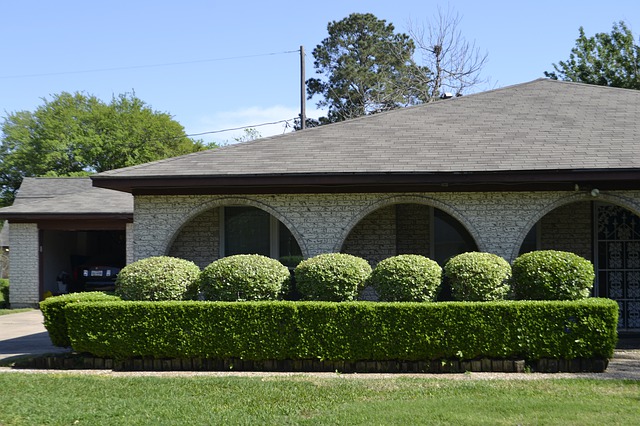Introduction
Garage doors are an essential part of any home, providing security, convenience, and protection for vehicles and belongings. However, like any mechanical system, garage doors have a limited lifespan. Homeowners often wonder how long their garage door will last before needing replacement or significant repairs. In this article, we will explore the factors that influence the lifespan of a garage door and provide insights into how long you can expect your garage door to last.
Materials Used
Materials used: The type of material used in the construction of a garage door plays a significant role in determining its lifespan. Common materials include steel, aluminum, wood, and fiberglass.
Steel: Steel garage doors are known for their durability and longevity. They can withstand harsh weather conditions and are less prone to dents and damage. With proper maintenance, a steel garage door can last anywhere from 15 to 30 years.
Aluminum: Aluminum garage doors are lightweight and resistant to rust. However, they are more prone to dents and may not be as durable as steel doors. On average, an aluminum garage door can last between 10 to 15 years.
Wood: Wood garage doors offer a classic and elegant look. However, they require regular maintenance to prevent rot, warping, and insect infestation. With proper care, a wooden garage door can last around 20 years.
Fiberglass: Fiberglass garage doors are resistant to dents, corrosion, and moisture. They are also lightweight and require minimal maintenance. A well-maintained fiberglass garage door can last up to 20 years.
Maintenance and Care
Proper maintenance and care are crucial in extending the lifespan of a garage door. Regular inspections, lubrication of moving parts, and cleaning can help prevent premature wear and tear. It is recommended to inspect the garage door’s springs, cables, rollers, and tracks at least once a year. Additionally, keeping the door clean and free from debris can prevent damage and ensure smooth operation.
Frequency of Use
The frequency of use also affects the lifespan of a garage door. A garage door that is used multiple times a day will experience more wear and tear compared to one that is used infrequently. Commercial properties or households with multiple vehicles may put more strain on the garage door, resulting in a shorter lifespan. However, modern garage doors are designed to withstand frequent use and can last for many years with proper maintenance.
Climate and Environmental Factors
Climate and environmental factors can significantly impact the lifespan of a garage door. Extreme temperatures, high humidity, and exposure to saltwater or corrosive chemicals can accelerate the deterioration of materials. For example, wooden garage doors may warp or rot in humid climates, while steel doors may rust in coastal areas. Installing weatherstripping and applying protective coatings can help mitigate the effects of climate and prolong the lifespan of the garage door.
Conclusion
In conclusion, the lifespan of a garage door depends on various factors such as the materials used, maintenance and care, frequency of use, and climate. Steel doors generally have the longest lifespan, while aluminum and wood doors may require more maintenance. Regular inspections, lubrication, and cleaning are essential to ensure the longevity of a garage door. By taking these factors into consideration and providing proper care, homeowners can expect their garage door to last anywhere from 10 to 30 years.
References
– Clopay: www.clopaydoor.com
– Overhead Door: www.overheaddoor.com
– Amarr: www.amarr.com
– Wayne Dalton: www.wayne-dalton.com













